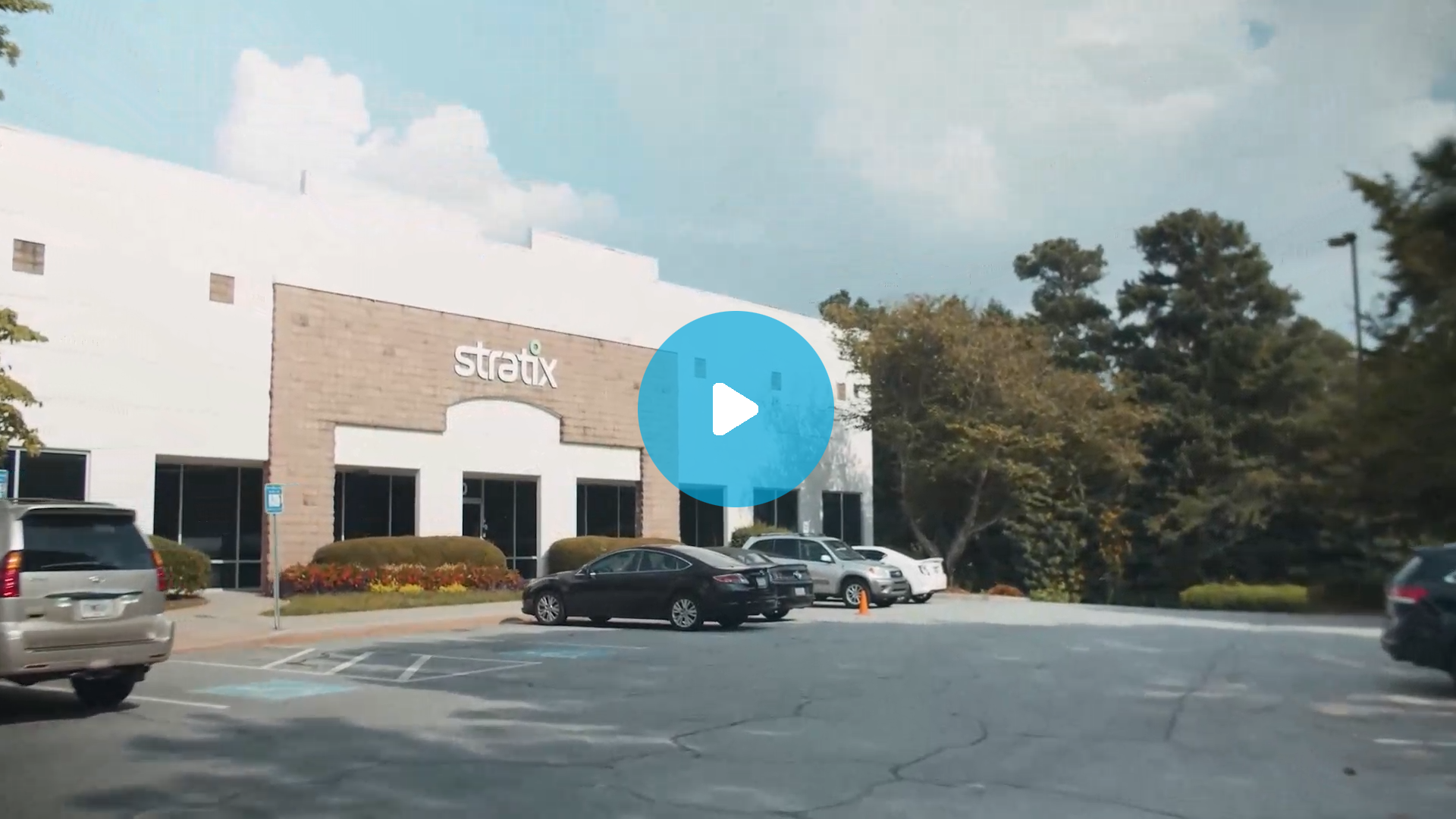Improving Your Operations by Rethinking Frontline Worker Challenges
Blog
Gaining efficiencies in business operations is crucial as it reduces costs, enhances productivity, and improves quality, leading to increased profitability. A recent McKinsey study of leading distributors found that top performers in this area have improved returns on invested capital by almost 30 percent and increased revenue by an average of nearly nine percent.
Efficient operations boost customer satisfaction through faster, more reliable service and superior products, giving businesses a competitive edge. Additionally, they contribute to sustainability by minimizing waste and resource use. Efficient operations also enhance employee morale, foster innovation, and provide the flexibility needed to adapt to market changes. Overall, operational efficiency strengthens financial health, enabling reinvestment and supporting long-term growth and stability. Many efficiency improvements can be achieved at the frontline worker level.
3 Ways to Improve Operational Efficiency and Cut Costs
So, how do you reduce costs, enhance productivity, and improve quality in operations? In a webinar with Stratix’s Dipesh Hinduja, Zebra Vice President of Corporate Strategy Chip Yager outlined three ways to help get you there.
1) Reduce Loss
Tracking has traditionally been done in aggregate rather than at the individual item level, but that’s changing with RFID technology. “We have the ability to think outside the box with these new technologies that are coming on,” Yager explained. Why does it matter? Granular tracking offers a host of advantages, such as:
- Reducing money spent on lost returnable transportation items like pallets, cages, and bins with RFID tags that show where they are and why they’re not being reused. It’s a way of ensuring your frontline workers are following company policies.
- Real-time inventory data reduces the time and money lost due to misplaced items.
- RFID asset tracking can show when a customer returns an item that never went through a checkout.
“We’re pairing new technology with different ways of thinking and seeing how that’s opening up ways to unlock ROI,” said Yager.
2) Reduce Human Error
RFID can help frontline workers avoid chronic mistakes that create inefficiencies and higher costs. “We’re going from tracking an object to tracking a person. It’s a different concept, and the point is not tracking. It’s providing a service to them, and that’s the ROI for business,” Yager explained. Some examples include:
- Ensuring boxes are loaded on the right truck in real-time. RFID tags match loads to the correct vehicles. Zebra research shows RFID can decrease mis-shipments by 50-80 percent.
- RFID tags and gateway readers track when items leave an area. That means less inventory distortion, more accurate replenishment, and fewer outages.
- Real-time visibility of the location of assets helps businesses quickly identify missing items and take steps to recover them.
“Before RFID, someone had to scan manually. Now, fixed overhead scanners read everything that’s moving,” Yager said.
3) Help Frontline Worker Maximize Their Potential
Many employees feel undervalued at work, which leads to retention issues and poor motivation. Most workers also don’t have a mobile device assigned to them. They can’t access information quickly, which leads to poor decision-making and substandard customer service. When you empower individuals with better equipment, you can:
- Leverage task management applications that enable the best workers to record what they get done and take on more. You can reward the best, retrain the laggards, and increase the productivity of the average worker. More gets done with the same number of people.
- Give all workers a device, which means they have a powerful tool in their hands. They become more part of the team and are able to get support. You get better results, a more cohesive team, and more manager interaction.
- Give workers RFID scanners to improve order accuracy by automatically identifying and verifying items, leading to faster and more efficient order fulfillment processes. RFID’s automation replaces manual tasks such as data entry, leading to labor cost savings and allowing employees to focus on more value-added tasks.
“People want to know that they’re doing the right thing and they’re focused on the right areas, and a mobile device lets you assign specific tasks and track progress,” Yager explained. “It actually helps people feel more valued.”
Take Performance to the Next Level
When you boost efficiency in operations, it cuts costs, raises productivity, and improves quality, all of which lead to higher profits. When operations run smoothly, customers get faster, more reliable service and better products, giving your business a competitive edge. Plus, being efficient helps the environment by reducing waste and conserving resources. It also lifts employee morale, sparks innovation, and provides the flexibility needed to adapt to market changes. In the end, operational efficiency strengthens your financial health, allowing for reinvestment and supporting long-term growth and stability.
Not sure where to start? Stratix solution architects are always available to evaluate your needs and goals. We can put together a solution blueprint that will get you where you want to go and help you along every step of the journey. Reach out today for a free consultation.
Rethinking RFID Strategies for Operations Challenges
So, how do you reduce costs, enhance productivity, and improve quality in operations? Learn how rethinking cost containment strategies can lower inventory shrink, reduce expensive human errors, and handle the rising costs of labor. Ready to take a deeper dive?
Stay in the Know












